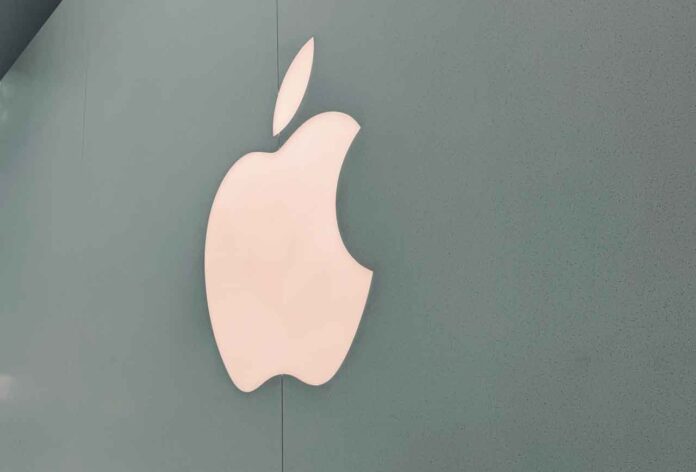Apple Enthusiasts Await the Latest Apple Innovation in AI
Apple Inc. has tackled numerous challenges under Tim Cook’s leadership, but none compare to the current test: catching up in the AI race. While in many ways, Apple was way ahead in this when Suri was added to Apple iPhones and devices it appears that Apple has lagged over the past year.
Apple often has led with tech advances. Enthusiasts are expecting the jump into artificial intelligence by Apple to be a major game changer.
Apple’s AI Journey: From Siri to the Present
Apple introduced Siri in 2011, positioning itself as an early player in AI. However, despite this head start, Apple now finds itself lagging behind competitors like OpenAI and Google.
These tech giants have surged ahead, leaving Apple to play catch-up in a rapidly evolving field.
The Strategic Shift
To regain its footing, Apple is set to unveil new generative AI features at its Worldwide Developers Conference (WWDC) on June 10.
The company is adopting a hybrid approach, utilizing both on-device AI and cloud-based services. This shift aims to enhance Siri’s capabilities, making it more conversational and proactive in assisting users with daily tasks.
Leveraging Strengths and Addressing Weaknesses
Apple’s AI strategy has been hampered by its commitment to privacy and security, which limits data collection and processing capabilities.
While these principles are crucial, they have constrained Siri’s performance compared to rivals. However, with substantial financial resources and top-tier talent, Apple is poised to close the gap.
Privacy is going to be one of the most important issues over the coming decades, and Apple has been a leader in protecting the privacy of users. Doing this is core to Apple’s corporate ethos. Doing AI with privacy built in to Apple’s standard will be a massive gamechanger.
Collaborations and Innovations
A significant part of Apple’s strategy involves collaborating with OpenAI to integrate advanced AI features into iOS 18.
This partnership will introduce new functionalities, such as enhanced voice capabilities and proactive intelligence, improving user experience. However, Apple still needs to develop its own AI solutions to maintain long-term competitiveness.
Future Prospects and Challenges
Looking ahead, Apple must consider developing its own AI-driven search engine, potentially challenging Google’s dominance.
Before you start thinking that as a mountain too tall to attempt, remember Netscape Navigator, and the early dominance of Yahoo in search? Google may well dominate today, but nothing in tech is permanent.
While such a move would be costly, it could offer substantial long-term benefits by aligning closely with AI advancements. Apple is already moving into standalone tasks with Apple Pay, with using iCloud mail with the system hiding your address, and other high tech advances that no one else is doing with the same level of synergy across the tech field.
Despite the recent strides by OpenAI and Google, Apple remains determined to innovate. The upcoming hardware upgrades, including the M4 chip for improved AI processing, will support these efforts. Nevertheless, the true measure of success will be Apple’s ability to release and improve AI features at a faster pace than it has in the past.
Comparing Intel to Silicon is to compare a rowboat to a speedboat, Apple Silicon is just that much faster.
In the ever-competitive AI landscape, Apple’s success will depend on its ability to adapt, innovate, and leverage its strengths. With Tim Cook at the helm, the company faces its biggest challenge yet, but also its greatest opportunity for growth and transformation.







